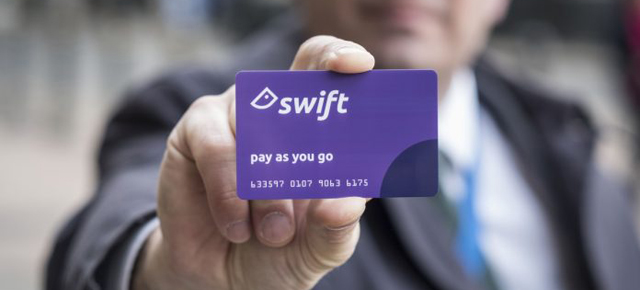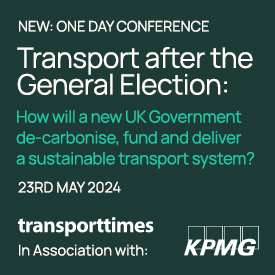Over 90 rail stations in the West Midlands and Greater Manchester will be included in ‘pay as you go’ schemes, moving towards a London-style system

Rail users in the West Midlands and Greater Manchester will benefit from simpler, more flexible travel from next year, under new pilot schemes confirmed last week.
Stations across the West Midlands and selected routes in Greater Manchester are set to be fitted with technology allowing people to simply tap in and tap out of their local network knowing they will pay the best fare.
The project is part of the government’s plans to reform the railways, while also delivering on Trailblazer devolution deals aimed at giving local leaders a bigger say in how the network is run. The Department for Transport says that these trials will pave the way for the future rollout of similar technology to more stations across the North and Midlands.
“We want to encourage more people back onto our trains, with tap-in technology meaning using our stations couldn’t be easier,” said rail minister Huw Merriman.
The West Midlands pilot is planned to cover 75 stations across the Transport for West Midlands area (including five currently under construction), and use existing ‘Swift’ smartcards, meaning passengers can travel seamlessly on local bus and tram services as well.
Greater Manchester’s pilot includes 17 stations on the Glossop to Manchester Piccadilly and Stalybridge to Victoria lines. It will use contactless bank cards and devices, and will support the wider ambition to deliver full multi-modal fares and ticketing integration across bus, Metrolink, rail and cycle hire as part of the Bee Network by 2030.
We want to encourage more people back onto our trains
In preparing the pilots, the DfT, Great British Railways Transition Team and Rail Delivery Group have worked closely with Transport for the West Midlands, the West Midlands Rail Executive, Transport for Greater Manchester and train operators. Work will continue to finalise plans for the pilots ahead of launch in 2025.
Andy Street, mayor of the West Midlands, said: “Our Swift smartcard already enables passengers to transfer seamlessly between our various local bus operators and Metro tram services whilst guaranteeing they get best value fares. Now thanks to this pilot scheme, we will now add rail to our offering – making Swift truly multi-modal and bringing us much closer to a London ‘Oyster card’ style system.
“This is a practical example of how the Deeper Devolution Deal we agreed with government is delivering tangible benefits for local people right across our region.”
Mayor of Greater Manchester, Andy Burnham, said: “We are transforming how people travel in Greater Manchester, with the aim for people to pay for journeys easily and seamlessly across buses, trams, trains and cycle hire.
“We look forward to progressing with these new contactless rail pilots and working together to develop a more meaningful and accountable partnership that allows us to integrate local rail services across the city-region into the Bee Network by 2030.”
With plans already in motion for industry to expand pay as you go in the South East later this year, the pilot stations confirmed today will see the total number of tap in, tap out stations in England surge to around 500 in 2025.
The news comes as the RDG and industry partners – supported by £16.4m DfT funding – completed the final phase of rolling out barcoding technology, which allows customers to scan digital tickets at the gate. As a result, passengers at every station in Great Britain (outside devolved Merseyrail and TfL) will have greater flexibility around how they buy train tickets.
This article appears in the latest issue of Passenger Transport.
DON’T MISS OUT – GET YOUR COPY! – click here to subscribe!









